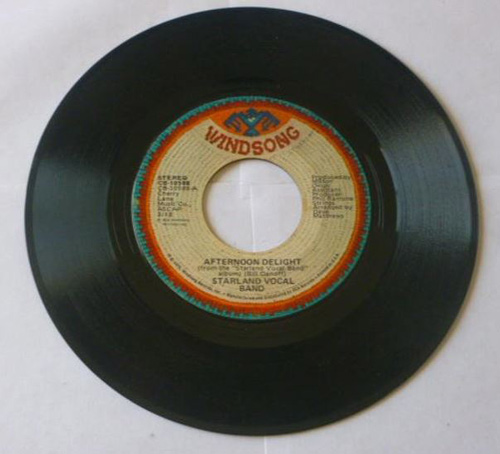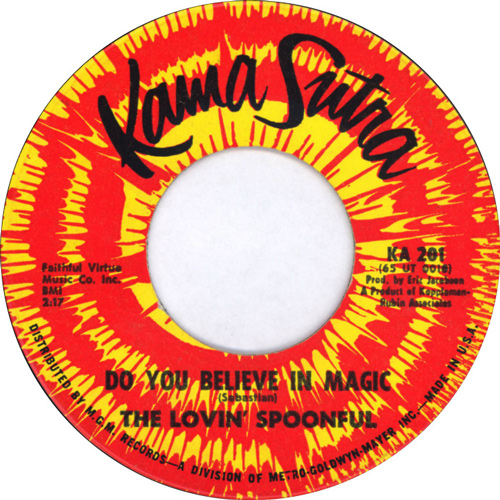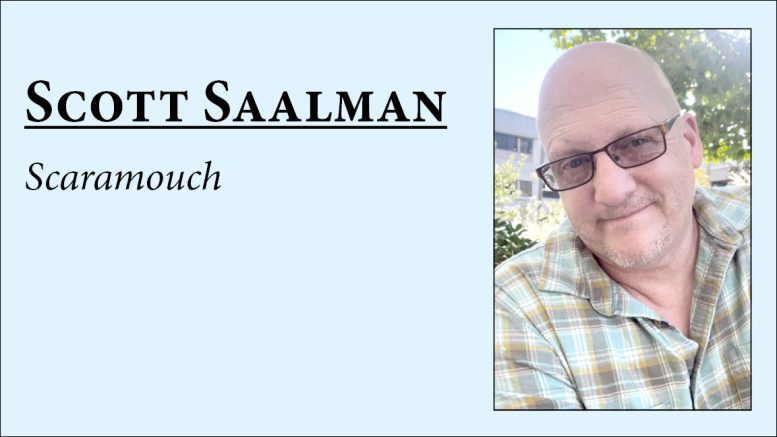“As always, music is the shelter from the storm.” – Rob Sheffield, Rolling Stone
My musical innocence was lost in the back of the school bus once I learned what “Afternoon Delight” was actually about.
“Rubbing sticks and stones together / makes the sparks ignite.”
“Skyrockets in flight.”
Yes, that song.
It was a one-hit wonder fueled by four-part harmony and double-entendre, one of the biggest-selling songs during our country’s bicentennial.
I was 11 when Starland Vocal Band topped the charts with “Afternoon Delight.” It was part of my coveted collection of 45 rpm singles. The catchy tune made countless rotations in my bedroom. I sang every word, but I was clueless. I didn’t know double entendre from double-dipped ice cream.
I merely thought the man in the song went home from work at noon, and his wife surprised him with a spectacular lunch.
I blame this naivety on one word: nibbling.
As in “…but you’ve got some bait a-waitin’ / and I think I might / try nibbling a little / afternoon delight…”
Nibbling. As in food. I mean what else would a person want to nibble, if not, say, some decadent noon-time dessert?
My “afternoon delight” was eating the entire contents of Peanut Butter Captain Crunch straight from the box. Or gorging on Hostess Ding Dongs which were, back then, individually factory-wrapped in aluminum foil. Today’s plastic-encased Ding Dongs pale in comparison to the foil-wrapped version, never mind the jolt a ‘70s chewer might’ve experienced when an unseen shard of foil touched a tooth’s metal filling (the house lights flickered, but strangely, the TV reception improved).
Skyrockets in flight – indeed!
The AM radio kept “Afternoon Delight” alive. On the school bus, I heard it in the morning going to school and in the afternoon heading home. From my middle row, the cause of the snickering from the older kids in back was lost on me.
Eventually, I aged my way to the back of the bus and came to understand “Afternoon Delight.” The school-bus-rear-row-birds-and-bees primer came as a shock. I began to question other songs, especially those with “nibbling” lyrics. In “Margaritaville,” when Jimmy Buffett sang “Nibbling on sponge cake,” did he really mean sponge cake? What next? “Little Red Corvette” isn’t really a car song?

A young Scott Saalman was shocked when he found out the true meaning behind the lyrics of the 1976 AM radio hit “Afternoon Delight.” (Photo provided)
School Bus Songs are my Comfort Songs, music that delivers a carefree childhood, when life was a carefree, long-play K-tel album. During the darkest period of COVID-19, I hit the motherlode of School Bus Songs via a Spotify playlist called 70s AM Gold. These all-but-forgotten songs provided comfort in discomforting times as I took solo walkabouts through my neighborhood.
Reunited, and it felt so good.
It was enjoyable to hear Bee Gees baby brother Andy Gibb shadow dance. Vicki Lawrence’s “The Night the Lights Went Out in Georgia” was still the best murder mystery in music. “Here’s looking at you, kid,” sings Bertie Higgins, and I return to Key Largo with “Bogie and Bacall.” It was still fun to wind my “way down on Baker Street” with Gerry Rafferty, “Steal Away” with Robbie Dupree, and “Escape” with Rupert Holmes (I do like piña coladas).
I even created my own School Bus Songs playlist.
When Stephen Bishop “puts on Sinatra and starts to cry” and Henry Gross tells us his lost dog “Shannon” is “drifting out to sea,” and Olivia Newton John pleads not to “play B-17,” my heart grows as heavy as the heart of that boy on the bus. And after hearing Ace’s one-hit wonder for the millionth time, I realize I still don’t know the answer to “how long has this been going on?”
“Brandy” remains a “fine girl.” Apparently, she’s still not over the whiskey-soaked sailor who chooses the sea over her love. “Moonlight Feels Right” still feels right, and it’s still fun to be “Dancing in the Moonlight” with King Harvest. When Neil Diamond sings “Forever in Blue Jeans” I catch myself singing “Never in Blue Jeans,” since I haven’t worn anything but sweatpants and PJ bottoms ever since becoming a full-time remote employee. And, yes, though she passed away a little over a year ago, my mama still “loves me like a rock.”
“Sir Duke” puts spring into my step as Stevie Wonder reminds, “Music knows it is and always will / be one of the things that life just won’t quit.”
My most-played Comfort Song during the early part of the pandemic was The Lovin’ Spoonful’s “Do You Believe in Magic?” It was released in 1965, well before my school bus years. Sadly, my introduction to its earwormy saccharine was Shaun Cassidy’s lame 1978 cover. Blessedly, that School Bus Song version did lead me to the original.

You can’t help but wonder at the power of music when listening to a timeless track like The Lovin’ Spoonful’s “Do You Believe in Magic.” (Photo provided)
At two minutes and six seconds, “Do You Believe in Magic?” is arguably the happiest song ever recorded. It’s about the power of song, how music is the magic balm that soothes us, pulls us together, pushes us onward. No matter how down I might get over something, this ‘60s song refills me with childhood wonder, joy, carefreeness, and freedom – if only for a couple of minutes. (If necessary, I hit the replay button.)
I shared my fondness of the song with its writer, John Sebastian. He good naturedly responded, “Scott-Thanks so much for showing this to me … I sure remember my times when the kids at the back of the bus were singing” Cuban Mambo …. Ole Ole!” What was that all about ? JS.”
John’s song reminds “how the magic’s in the music and the music’s in me.” Walking with the sun at my back, I step into my shadow-self, and the song, like my old school bus, takes me safely home.
The song tells me all is not lost.
Music is magic.
I do believe.
Contact: scottsaalman@gmail.com. Purchase Scott’s latest book, “Vietnam War Love Story: The Love Letters of Bill and Nancy Young (1967)” on Amazon. It makes for a great holiday gift.

